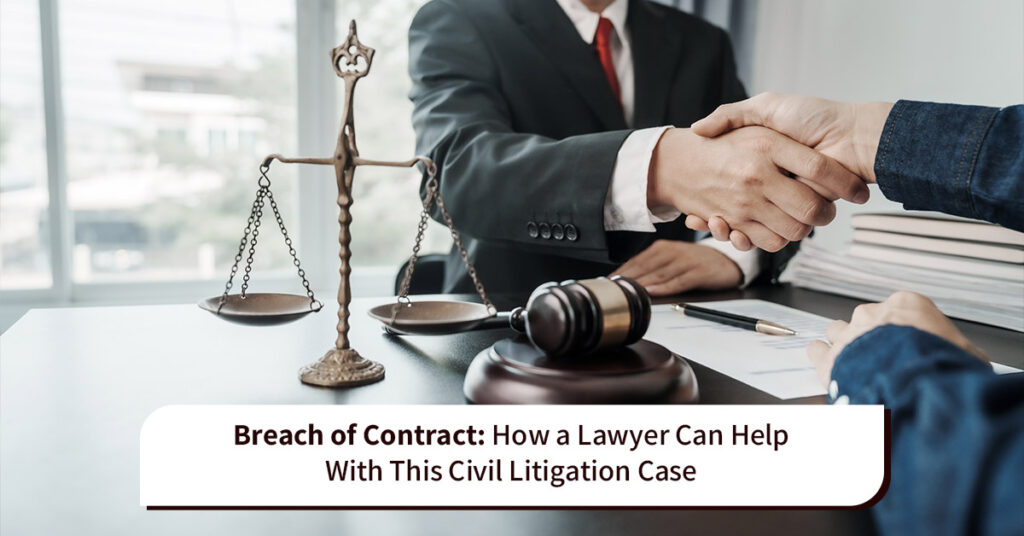Many lawsuits involve breach of contract. Some contracts are well-written, and others are not. In breach of contract cases, one party usually alleges that the other side has breached a specific provision in the contract. Sometimes, a party refuses to pay an invoice because it alleges that the other side breached the contract by failing to perform a service that they were contractually required to do. There are at least two sides to every dispute. The lawyer’s job is to find out all the facts and come up with an argument in your favour. Sometimes, that is easy, and other times, it requires the lawyer to rack their brain for a legal argument to support your position.
In some cases, when the Plaintiff sues for breach of contract, the Defendant will Counterclaim against the Plaintiff for damages. They may both be alleging breach of contract and entitlement to damages.
Not all contracts are well written, and the Judge will have to consider what the parties intended at the time that the contract was entered into. There are many legal arguments that could be made by the parties, such as “non-est factum,” which means that one of the parties did not understand what certain wording in a contract meant at the time they entered into it and that the contract is invalid because the Defendant was mistaken about its character when signing it. Or maybe one party signed a contract under duress, which means that they were pressured to sign it and not of their own free will. In those cases, then the Defendant would argue that the contract should be “void ab initio,” which means that the contract should be treated as invalid because it was signed under duress. Another legal argument in contract law is known as “contra proferentem,” which applies when a term in a contract is vague or ambiguous, then the preferred meaning should be the one that works against the interests of the party who provided the wording. That would be the party that wrote the contract.
What about when there was only an oral agreement and there was no written contract? An oral agreement is like a contract. The lawyer will have to consider how the parties conducted themselves after making an oral agreement. An oral agreement can be enforceable. If the parties conducted themselves in a manner that is consistent with the terms of an oral agreement that was previously made, but then one of the parties breached the terms of an oral agreement, then you can argue breach of oral agreement in court. If there is a written contract, but the parties changed it by oral agreement afterwards and acted in a manner that is consistent with the changes that were made orally, then you can argue that the written contract was modified by a subsequent oral agreement. Some contracts have a clause in them that says, “This contract cannot be amended unless it is in writing,” which may negate the argument that it was orally modified. But arguments can still be made that such a clause is unenforceable. As one of the most respected lawyers in Canada once said, “Contract schmontrack!”
An experienced lawyer will know all the various legal arguments that can be made, which they will need to consider depending on the facts of each case.
